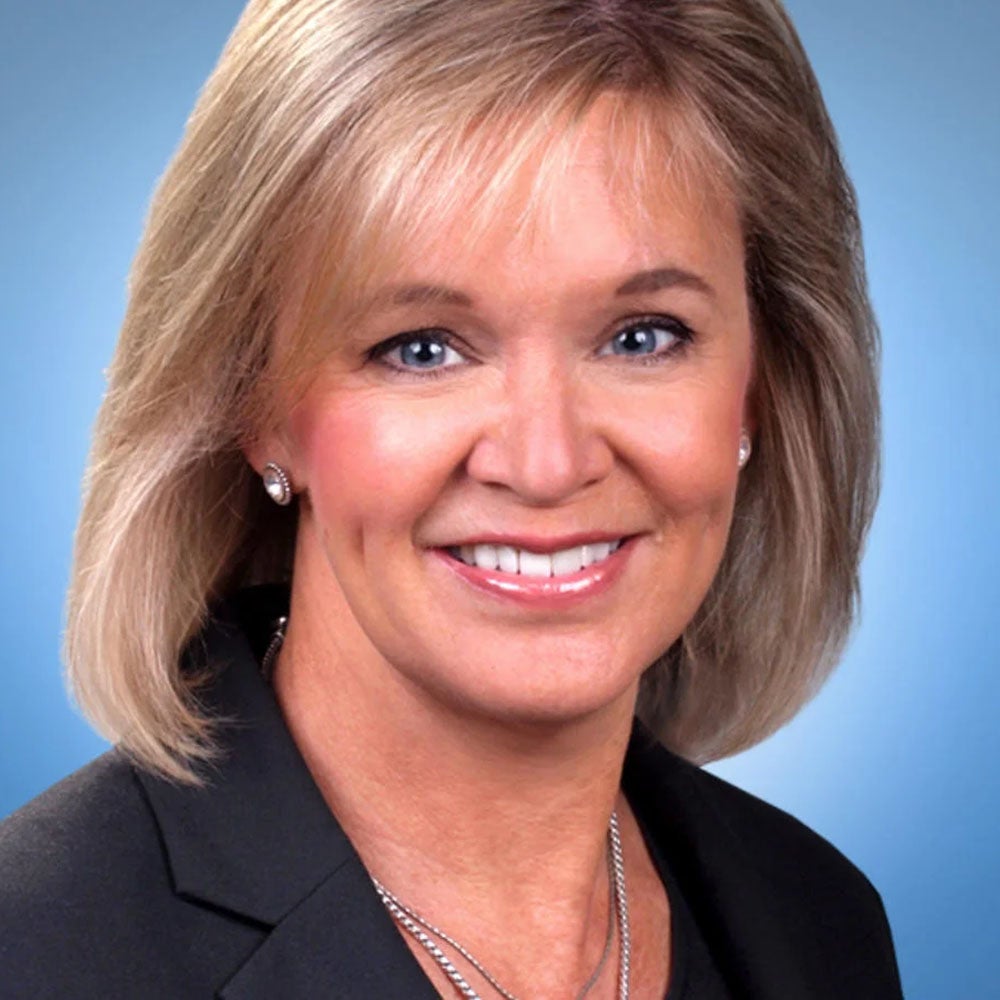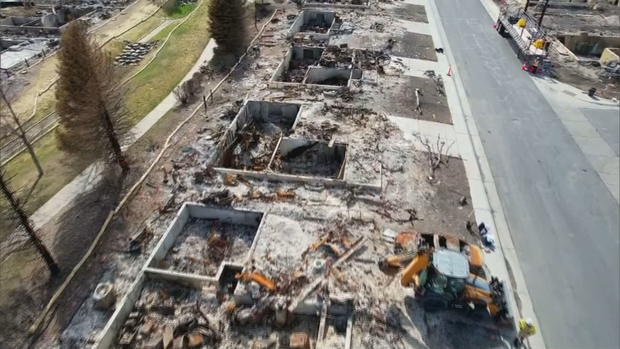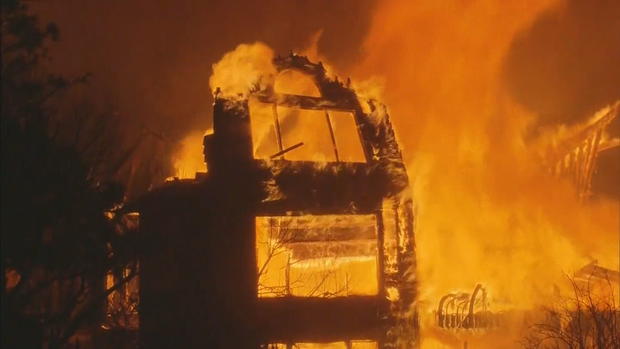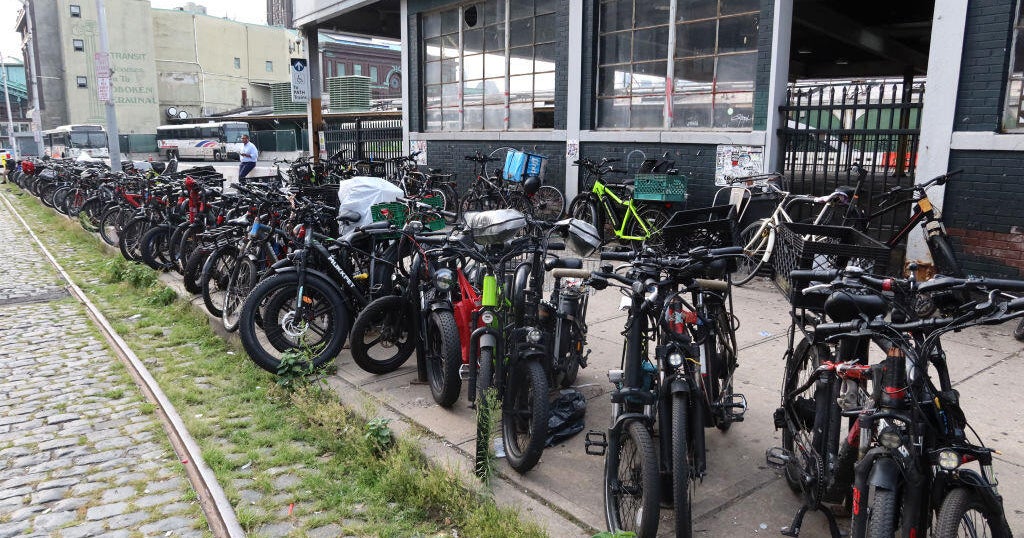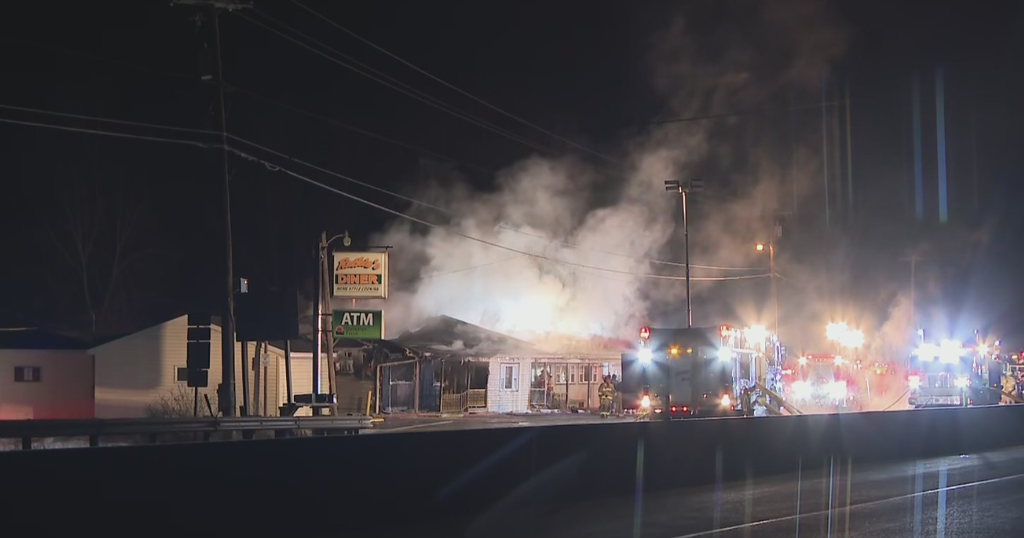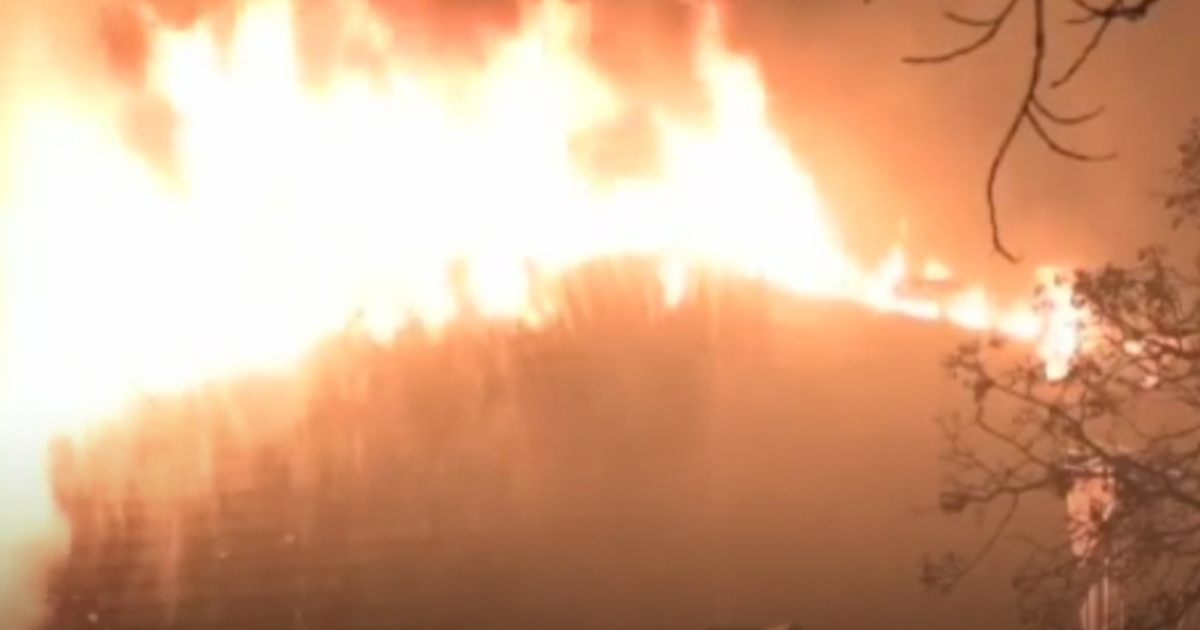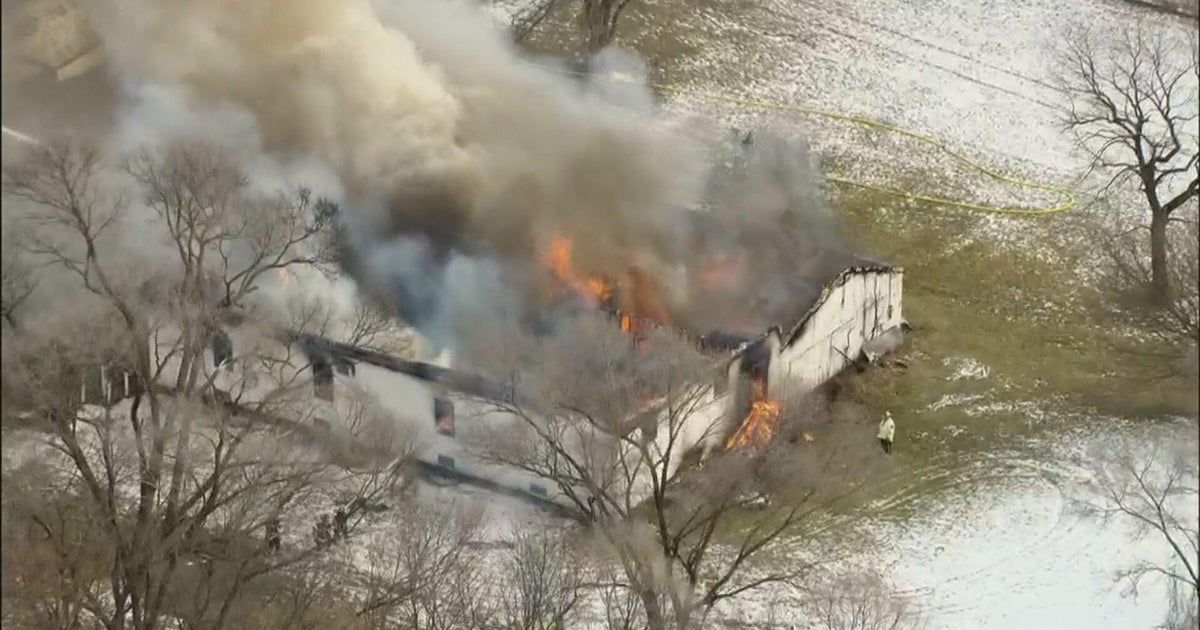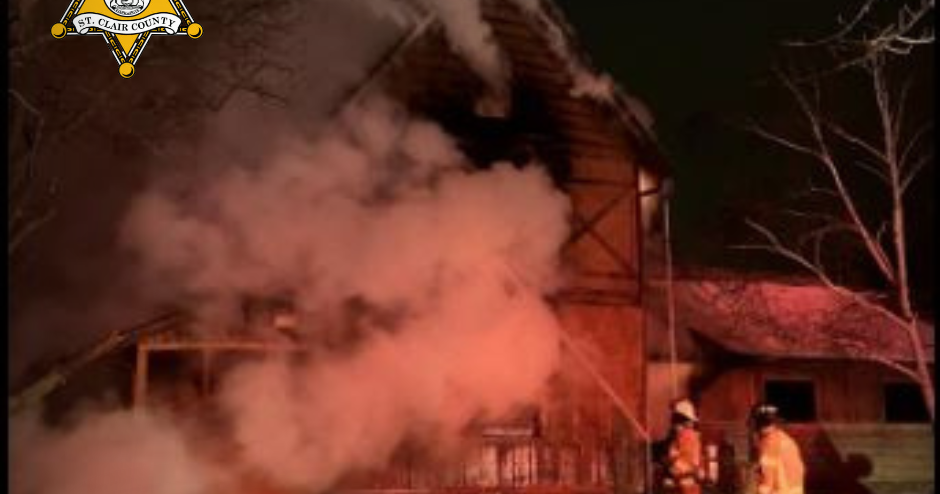Colorado homeowners, including Marshall Fire survivors, see insurance premiums climb, policies canceled
Colorado's affordable housing crisis is at a tipping point. On top of soaring property taxes, insurance premiums have now doubled or even tripled for some homeowners. Others are seeing policies canceled altogether.
The Division of Insurance says the average premium in Colorado jumped 23% last year alone. And, 76% of insurers decreased the number of Coloradans they cover last year.
Colorado has the second most hail claims in the country and the third highest risk of wildfire. If anyone understands the importance of having adequate insurance, it is survivors of the Marshall Fire, almost all of whom were underinsured.
"We've lived it and nobody would really want to go through that again," says Alan Ferguson.
He's among those who lost his home in the fire and is rebuilding, "There's a lot of unknowns out there."
Insurance is now one of those unknowns. Ferguson has taken fire-hardening to a whole new level on his new house, "There is nothing on outside of the structure that is organic and likely to burn."
He and his neighbors are doing what they can to lower their risk of wildfire community-wide and increase their chance of securing coverage.
"Right now, it's all guesswork," says Ferguson.
He's called more than 10 carriers, "They're telling us to wait about a month before we move in. For homeowners trying to rebuild, that uncertainty is really unsettling."
State Rep. Judy Amabile of Boulder County says he's not alone, "It's gotten a lot worse and it's starting to accelerate."
She says insurers are not only raising premiums but refusing to insure entire neighborhoods. She even knows of a summer camp that can't find insurance. The Division of Insurance says more than a third of carriers have canceled 10% of their policies in Colorado. Some carriers have even pulled out of the state.
Amabile passed a law this year that creates a quasi-governmental insurance plan for those who can't get coverage anywhere else, "You're going to get a very bare bones policy, probably just the structure."
Coverage will be capped at $750,000 for residential properties and $5 million for commercial properties and, Amabile says, premiums will be expensive, "We do not want to do anything to disrupt the commercial insurance market."
Critics worry a state insurer-of-last-resort will encourage people to move into high-risk areas.
Amabile disagrees, "I think we saw with the Marshall Fire, we just don't know where that is. Should we encourage everybody who lives in Steamboat to move away? Should we say, well, let's write off the town of Nederland?"
Kitty Stevenson is among those who have moved out of a high-risk area, "I'm in limbo as far as will I have insurance on my property?"
She has a house, barn and 25 acres on Sugarloaf in Boulder County. Insurance premiums she says have been steadily climbing for years, "And then Marshall hit and then game changer, game changer."
Her insurance premium, she says, jumped from $7,000 to $17,000 a year.
She put her property on the market and moved into town, "I didn't have insurance on my house for about 5 months, completely uninsured for 5 months. So yeah, I was just like, don't breathe, don't plug anything in."
She's cycled through four insurers in two years. The latest carrier, she says, canceled her policy after she made a claim on a different property (a rental she owns in Denver) covered by a different insurer.
"They're looking for any reason to be like 'no' because they're just cutting their losses."
And it has a ripple effect. Stevenson notes that you can't get a mortgage without insurance, "Are people going to be able to sell their house? Can people buy a house? What is that going to do to property values in the state of Colorado?"
She says if there aren't homeowners in areas like Sugarloaf, there aren't firefighters either, "I was a volunteer firefighter and we would go and put out these fires before they started and got big. We protect the water sources."
Ferguson worries insurance could lead some of his neighbors - already struggling with the cost of rebuilding - to give up, "We have an awesome community here. It's just another frankly big issue on top a lot of other big isues as we're trying to get our community back together."
It will be a year before the state insurer-of-last-resort is up and running.
